Last week the Regional Office for South East Asia of the WHO (World Health Organization) published its strategy for strengthening midwifery [1]. The report highlights how Bangladesh, India and Nepal have recently introduced midwifery education. They joined DPR Korea, Myanmar, Sri Lanka and TimorLeste in establishing midwives as an independent cadre of the health workforce.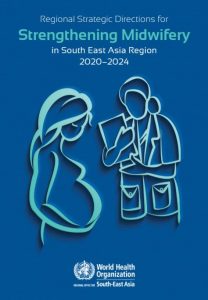
This report cited our 2015 paper on midwifery developments in Nepal which appeared in the Journal of Asian Midwives [2]. The lead author Jillian Ireland is a Visiting Faculty in the Centre for Midwifery, Maternal & Perinatal Health (CMMPH) and Professional Midwifery Advocate at Poole Hospital NHS Foundation Trust, my other co-author, Joy Kemp, is Global Professional Adviser at the Royal College of Midwives (RCM). The paper reflects on the RCM Global Midwifery Twinning Project in Nepal. The paper argues that the presence of a strong professional association of midwives in a country yields double benefits. On one side, the association provides inputs into framing policies and developing standards of care, and on the other, it ensures quality services by continuously updating its members with information and evidence for practice.
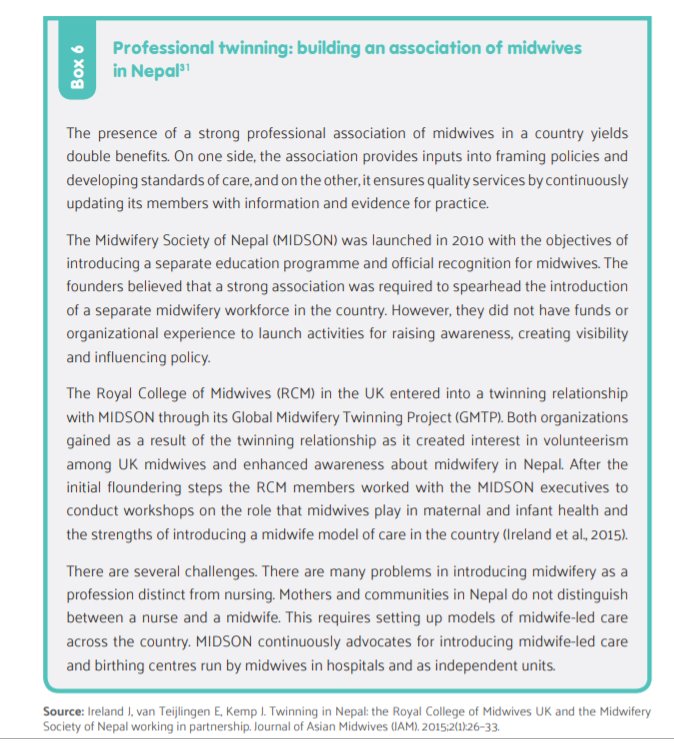 Bournemouth University’s work in Nepal is ongoing with a project run by CMMPH helping to develop midwifery education and training the trainers funded by the German aid organisation GIZ (Deutsche Gesellschaft für Internationale Zusammenarbeit).
Bournemouth University’s work in Nepal is ongoing with a project run by CMMPH helping to develop midwifery education and training the trainers funded by the German aid organisation GIZ (Deutsche Gesellschaft für Internationale Zusammenarbeit).
References:
- World Health Organization. Regional Office for South-East Asia (2020) Regional Strategic Directions for strengthening Midwifery in the South-East Asia Region 2020–2024, Delhi: World Health Organization. Regional Office for South-East Asia.
- Ireland, J., van Teijlingen, E, Kemp J. (2015) Twinning in Nepal: the Royal College of Midwives UK and the Midwifery Society of Nepal working in partnership, Journal of Asian Midwives 2 (1): 26-33. http://ecommons.aku.edu/jam/vol2/iss1/5/
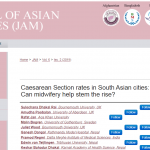 New BU paper published on South Asian maternity care
New BU paper published on South Asian maternity care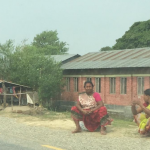 Nepal paper by Lesley Milne (CMMPH)
Nepal paper by Lesley Milne (CMMPH)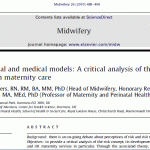 Top ten cited paper in MIDWIFERY
Top ten cited paper in MIDWIFERY










 Second NIHR MIHERC meeting in Bournemouth this week
Second NIHR MIHERC meeting in Bournemouth this week Dr. Ashraf cited on ‘Modest Fashion’ in The Guardian
Dr. Ashraf cited on ‘Modest Fashion’ in The Guardian NIHR-funded research launches website
NIHR-funded research launches website MSCA Postdoctoral Fellowships 2025 Call
MSCA Postdoctoral Fellowships 2025 Call ERC Advanced Grant 2025 Webinar
ERC Advanced Grant 2025 Webinar Horizon Europe Work Programme 2025 Published
Horizon Europe Work Programme 2025 Published Horizon Europe 2025 Work Programme pre-Published
Horizon Europe 2025 Work Programme pre-Published Update on UKRO services
Update on UKRO services European research project exploring use of ‘virtual twins’ to better manage metabolic associated fatty liver disease
European research project exploring use of ‘virtual twins’ to better manage metabolic associated fatty liver disease